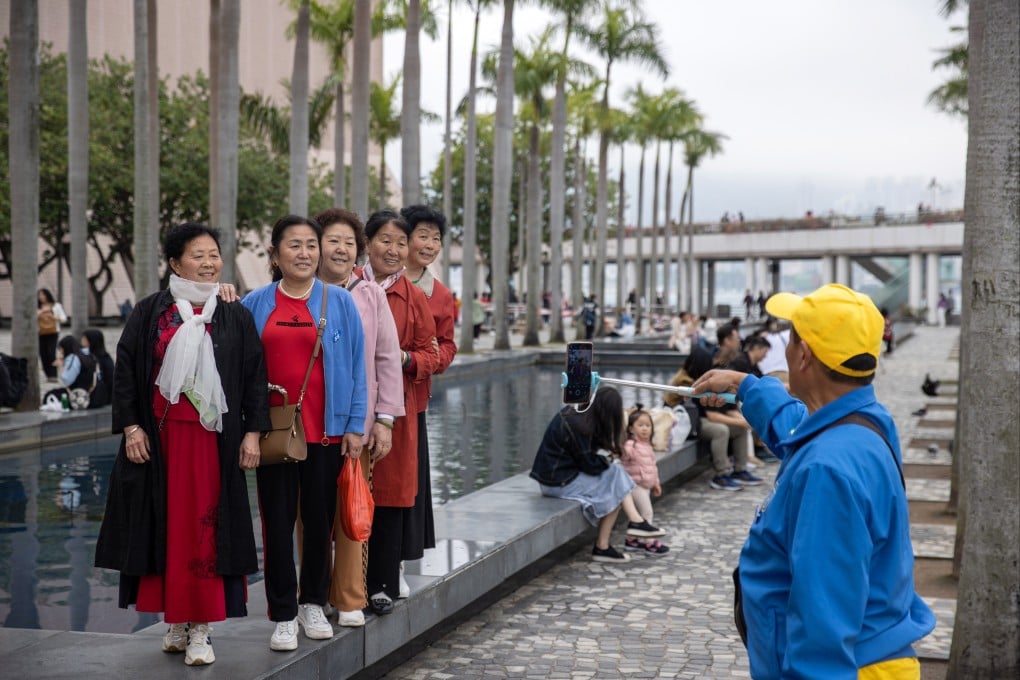Opinion | Cathay Pacific discrimination scandal: creating an inclusive Hong Kong is everyone’s business
- Many in Hong Kong already work to make the city an inclusive and attractive tourist spot but we also need legislation, education and the collective effort of all of society to eliminate discrimination

Under the Race Discrimination Ordinance, it is unlawful to discriminate against, harass or vilify a person on the grounds of his or her race in areas of activity, including employment, education, provision of goods and services, disposal and management of premises and participation in clubs. “Race” refers to a person’s race, colour, descent, and national or ethnic origin.
Language is not a protected characteristic. However, language-related requirements or conditions may result in indirect discrimination against a particular ethnic group if members of the group are unable to meet those requirements or conditions and suffer detrimental treatment as a result.
For instance, if a service provider requires a customer to speak a particular language as a prerequisite to accessing certain goods or services, without providing justifiable reasons, such conduct could amount to unlawful indirect discrimination – that is, they would be imposing a requirement that effectively bars customers of a particular race or subjects them to detrimental treatment. The ordinance does not require the victim and perpetrator to be of different races.


